Financial Regulation Goes Global
Dalibor Roháč of the Legatum Institute and Matthew Sinclair of the Taxpayers’ Alliance have jointly authored a report on the risks of new global financial regulations:
Around the world politicians and officials are advancing major new regulations of the financial services industry. Those regulations are a response to a major financial crisis, but real care needs to be taken to ensure that they help avoid future crises, and won’t precipitate or exacerbate crises instead. …
- The increased internationalisation of financial regulation risks amplifying future global booms and busts. Global regulations lead to global crises as organisations are encouraged to hold similar assets and respond in similar ways when things go wrong. As a result, the new regulation could increase the systemic risk to the world economy.
- Attempts to focus regulation on the institutions that contribute the most to systemic risk carry their own risks. If institutions understand that they are seen as “too big to fail” then that will encourage excessive risk taking.
- Despite attempts to address the issue, the Basel regulations may still be procyclical, imposing more onerous requirements on institutions at times when the system is in trouble.
- Some measures proposed, like attacks on tax havens and hedge funds, are motivated by other agendas and do not actually address the problems that led to the financial crisis.
- There is an important debate over whether or not effective “macro-prudential” regulatory policy is possible. However, the policies introduced since the financial crisis do not live up to that standard. Some of the measures announced are disingenuous political posturing while others continue existing mistakes partly responsible for the problems we are facing today. It is entirely possible that the new regulations being implemented could hurt established financial centres like the City of London while increasing the frequency and strength of global financial crises.
Download the full report (PDF). The Taxpayers’ Alliance announcement is here:



